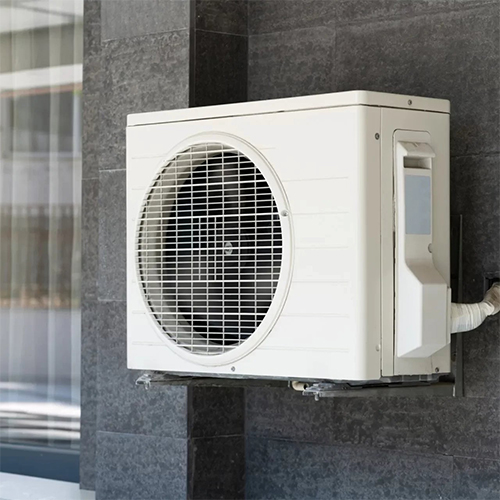 In today’s fast-paced world, where concerns about air quality are increasingly prominent, it’s crucial to recognize that outdoor air quality directly influences indoor environments, including our homes and workplaces. At Infiniti Air Conditioning and Heating, we arm our clients with information so they can make wise choices regarding the air quality within their homes. Let’s delve into how outdoor air quality affects indoor environments and what steps can be taken to mitigate its impact.
In today’s fast-paced world, where concerns about air quality are increasingly prominent, it’s crucial to recognize that outdoor air quality directly influences indoor environments, including our homes and workplaces. At Infiniti Air Conditioning and Heating, we arm our clients with information so they can make wise choices regarding the air quality within their homes. Let’s delve into how outdoor air quality affects indoor environments and what steps can be taken to mitigate its impact.
The Link Between Outdoor and Indoor Air Quality
Outdoor air quality serves as a baseline for indoor air quality. Pollutants such as particulate matter (PM2.5 and PM10), volatile organic compounds (VOCs), nitrogen dioxide (NO2), and ozone (O3) can infiltrate indoor spaces through ventilation, doors, windows, and other openings. Even in well-sealed buildings, outdoor contaminants can seep through over time, affecting indoor air quality.
Health Implications
Exposure to low indoor air quality can cause several health problems, from allergies and respiratory disorders to more severe ailments like asthma attacks and cardiovascular diseases. Outdoor pollutants like vehicle emissions, industrial emissions, and pollen can significantly contribute to these health risks when they enter indoor spaces.
Seasonal Variations
Outdoor air quality exhibits seasonal variations influenced by weather patterns, temperature inversions, and human activities. For instance, during wildfires or periods of high pollen count, the concentration of particulate matter and allergens in outdoor air increases, subsequently impacting indoor air quality.
Mitigating Measures
Air Filtration Systems: Installing high-efficiency particulate air (HEPA) filters in HVAC systems can effectively capture airborne particles before they enter indoor spaces. Routine maintenance and filter replacements are necessary for optimum performance.
Ventilation Management: Proper ventilation strategies, such as controlled outdoor air intake and exhaust ventilation, help dilute indoor air pollutants. Energy recovery ventilators (ERVs) and heat recovery ventilators (HRVs) can also enhance ventilation efficiency while conserving energy.
Indoor Plants: Incorporating indoor plants known for their air-purifying capabilities, such as peace lilies, spider plants, and snake plants, can help reduce indoor pollutant levels naturally.
Air Quality Monitoring: Indoor air quality monitors provide real-time data on pollutant levels, enabling prompt action when air quality deteriorates. This proactive approach helps maintain a healthy indoor environment.
At Infiniti Air Conditioning and Heating, we emphasize the interconnectedness between outdoor air quality and indoor environments. By comprehending these dynamics and implementing practical solutions, we can protect the health and welfare of occupants and greatly enhance indoor air quality. Recall that the first steps towards guaranteeing clean indoor air are awareness and taking proactive measures to reduce the impact of outside pollutants.
Contact Infiniti Air Conditioning and Heating today for expert guidance on optimizing indoor air quality through advanced HVAC solutions. Together, let’s create healthier indoor environments for a better tomorrow.

